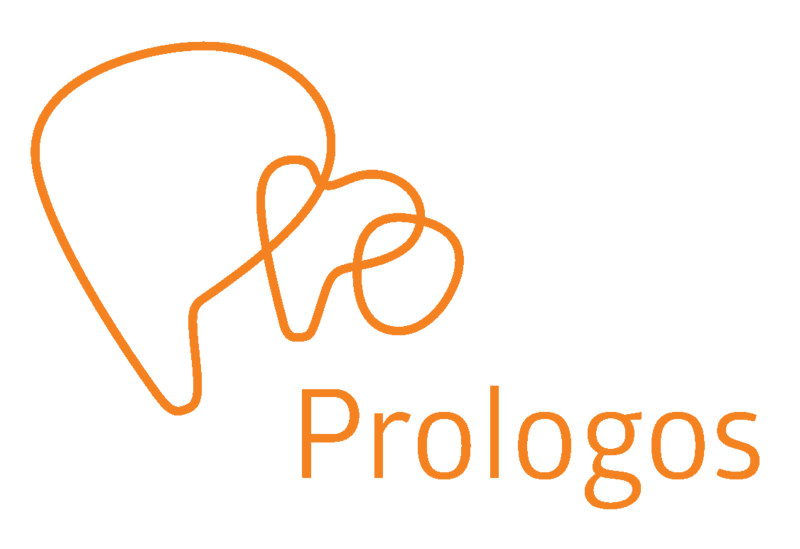Research knowledge to practice
How to increase the utilisation of research knowledge in society?
Keywords:
impact, scientific knowledge, applied science, research-based knowledge, research-based developingAbstract
The research knowledge creates a solid foundation for the development of organisations, working life, and society. Research knowledge is valued (Tiedebarometri, 2022), and there is a great interest in utilising it (Rantala et al., 2022). Appreciation and interest in research knowledge, however, does not always translate into action: for example, cooperation between universities and companies has decreased recently (Koski et al., 2021). In our article, we examine the facilitators and barriers of utilising research knowledge, especially in terms of communication, interaction, and communities. We discuss the barriers to the utilisation of research knowledge from six perspectives, which are 1) the amount of information, 2) openness and discoverability of information, 3) language of science, 4) relevance of the research topics,
5) competence of different actors, and 6) appreciation of the research knowledge. After that, we present solutions and concrete guidelines to increase the utilisation of research knowledge. We tie the solutions to four phases of the life cycle of research knowledge, which are 1) creating knowledge, 2) disseminating knowledge, 3) applying knowledge, and 4) embedding knowledge. We argue that research knowledge comes to life and finds its impact in social interaction. We hope that our article strengthens the understanding and trust in the significance and possibilities of applying science in working life and in society more generally.
Published
Versions
- 2023-03-07 (2)
- 2023-03-07 (1)
Copyright (c) 2023 Anne Laajalahti, Vilja Laaksonen

This work is licensed under a Creative Commons Attribution-NonCommercial-ShareAlike 4.0 International License.






